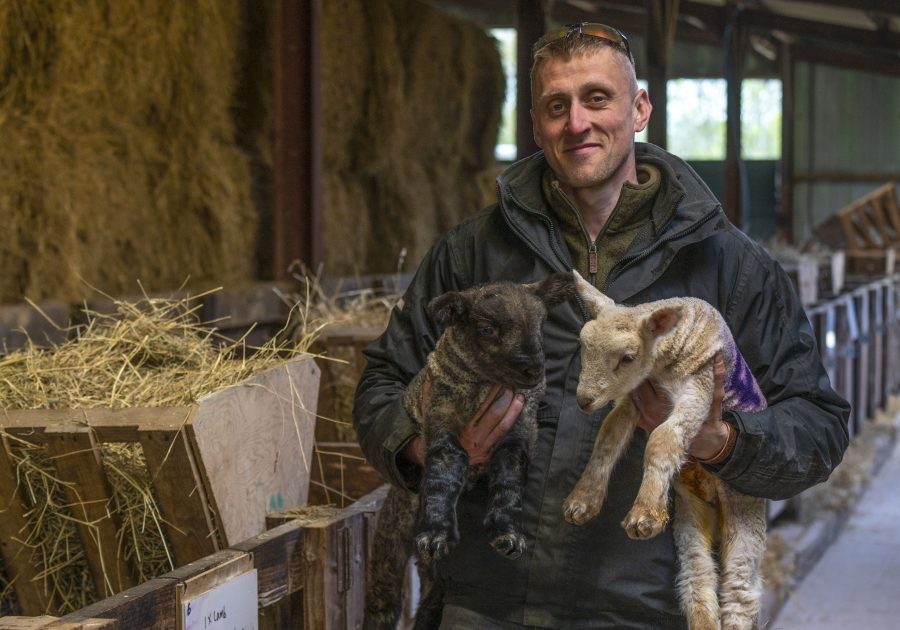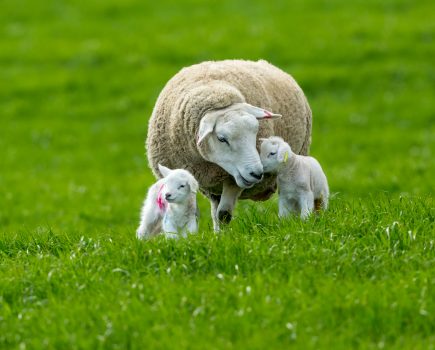The Blenheim Estate, which surrounds the world-famous Blenheim Palace, is welcoming the first lambs from the Pedigree Hampshire Down rams introduced last September. The rams were brought in to help transition the 1,000 strong flock of Scotch Mills sheep to one where using native breeds will help to support the Estate’s commitment to organic produce. The new lambs are more resistant to worms, which means the estate can reduce its use of chemicals and medical interventions. It will take five years to transition the flock with just 190 of the new lambs expected this year, of which 100 have already been born.
Farm Manager, Tom Locke explains: “We will be introducing new breeds to the flock over the coming years, so our sheep will start to look very different. The Hampshire Down rams will dominate as they will make the sheep healthier. We are already Red Tractor certified, but we want to move towards more organic produce, so this is a major step on that journey.”
The Blenheim Estate’s sheep lamb later than many farms, because they are reared entirely on grass within the Parkland, keeping them as naturally healthy as possible, and Tom has plans to replant the grass as herbal lays. The move to reseed 190 acres as nature rich herbal lay will mean more nutritious and healthy grazing for the sheep, as well as a better environment for birds and insects with an increase in wildflowers.
Grazing is also being transformed with a move to mob grazing being introduced across the estate. The practice emulates how animals flock and feed in the wild, helping to enrich the soil quality and will see mobile electric fencing replace the 2,000-acre estate wooden fencing, with the sheep being moved to new pasture every five days.
The changes are part of the Estate’s ambitious land strategy that looks at innovative ways to move towards more sustainable farming practices. It is one of a range of measures being introduced to support its ambition to deliver carbon negative land management within 10 years.
Photo: Pete Seaward
For more like this, sign up for the FREE South East Farmer e-newsletter here and receive all the latest farming news, reviews and insight straight to your inbox.







